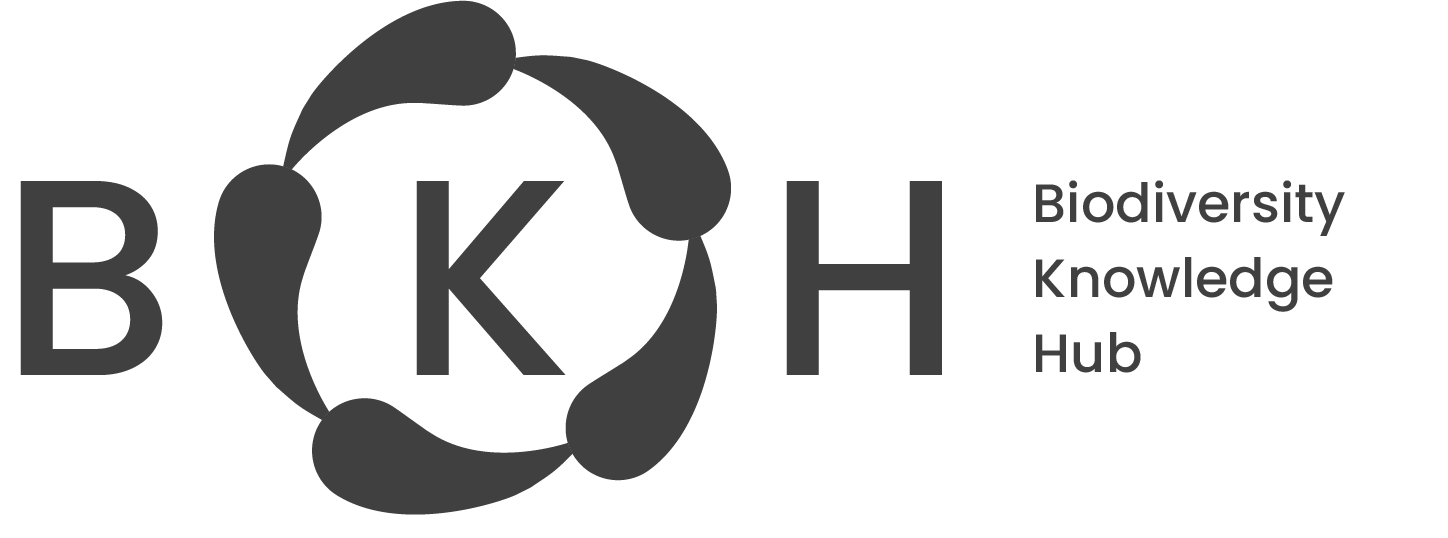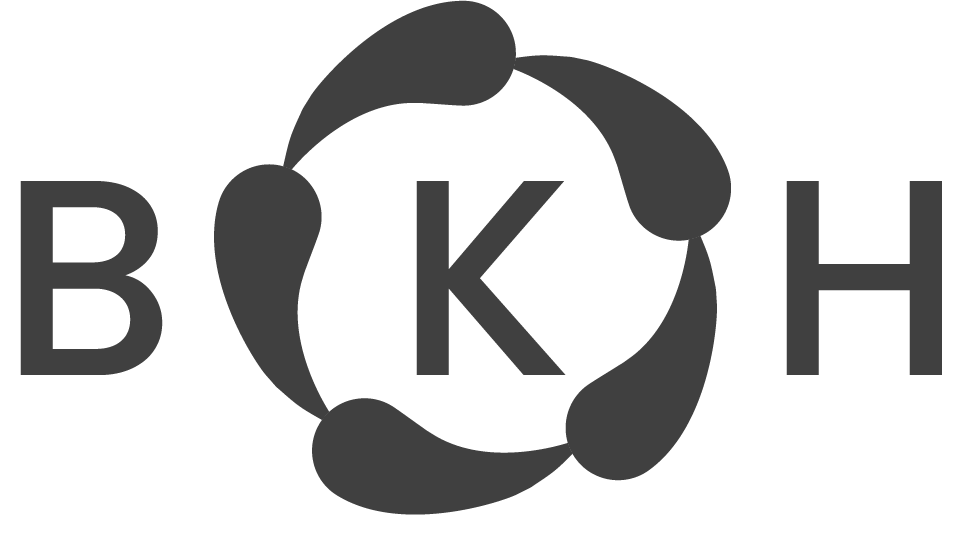Expected Learning Outcomes
Here is the list of the expected learning outcomes for the course participants.
Course I: Introduction to BKH
- Get familiarized with the use of tools and services hosted at the BKH, designed to facilitate biodiversity data capture to produce digital biodiversity data from analog sources. The training materials include videos, guidelines, and practical scenarios of use. They also include manuals and links to numerous resources related to the BKH services.
- Learn data quality concepts and receive an introduction to tools used for standardizing data, validating data, and cleaning data.
- Use software tools to evaluate the fitness-for-use of a biodiversity dataset
- Use software tools designed for (biodiversity) data cleaning.
Course II: Data Liberation and Publishing Tools
- Learn the process of making biodiversity data freely available online, also known as data publishing, utilizing two services, the PLAZI Workflow and the ARPHA Writing Tool.
- Define the publishable data types and subtypes for biodiversity datasets
- Capacitate others in the planning, capture, management, and publishing of biodiversity data.
By using the BKH services users are expected to develop key data literacy competencies that are the knowledge and skills one needs to effectively work with data. More specifically the participants will be engaged in:
Data analysis: The knowledge and skills required to ask and answer a range of questions by analyzing data including developing an analytical plan; selecting and using appropriate statistical techniques and tools; and interpreting, evaluating, and comparing results with other findings.
Data awareness: The knowledge required to know what data is and what are different types of data. This includes understanding the use of data concepts and definitions.
Data cleaning: The knowledge and skills to determine if data are ‘clean’ and use the best method and tools to take necessary actions to resolve any problems to ensure data are in a suitable form for analysis.
Data discovery: The knowledge and skills to search, identify, locate, and access data from a range of sources related to the needs of an organization.
Data exploration: The knowledge and skills required to use a range of methods and tools to learn what is in the data. The methods include summary statistics; frequency tables; outlier detection; and visualization to explore patterns and relationships in the data.
Data interpretation: The knowledge and skills required to read and understand tables, charts, and graphs and identify points of interest. Interpretation of data also involves synthesizing information from related sources.
Data management and organization: The knowledge and skills required to navigate internal and external systems to locate, access, organize, protect, and store data related to the organization’s needs.
Data modeling: The knowledge and skills required to apply advanced statistical and analytic techniques and tools (e.g. regression, machine learning, data mining) to perform data exploration and build accurate, valid, and efficient modeling solutions that can be used to find relationships between data and make predictions about data.
Data stewardship: Knowledge and skills required to effectively manage data assets. This includes the oversight of data to ensure fitness for use, the accessibility of the data, and compliance with policies, directives, and regulations.
Data visualization: The knowledge and skills required to create meaningful tables, charts, and graphics to visually present data. This also includes evaluating the effectiveness of the visual representation (i.e., using the right chart) while ensuring accuracy to avoid misrepresentation.
Evaluating data quality: The knowledge and skills required to critically assess data sources to ensure they meet the needs of an organization. This includes identifying errors or problems and taking action to correct them. This also includes awareness of organizational policies, procedures, and standards to ensure good quality data.
Evaluating decisions based on data: The knowledge and skills required to evaluate a range of data sources and evidence to make decisions and take action. This can include monitoring and evaluating the effectiveness of policies and programs.
Evidence-based decision-making: The knowledge and skills required to use data to help in the decision-making and policy-making process. This includes thinking critically when working with data; formulating appropriate business questions; identifying appropriate datasets; deciding on measurement priorities; prioritizing information garnered from data; converting data into actionable information; and weighing the merit and impact of possible solutions and decisions.
Metadata creation and use: The knowledge and skills required to extract and create meaningful documentation that will enable the correct usage and interpretation of the data. This includes the documentation of metadata which is the underlying definitions and descriptions of the



